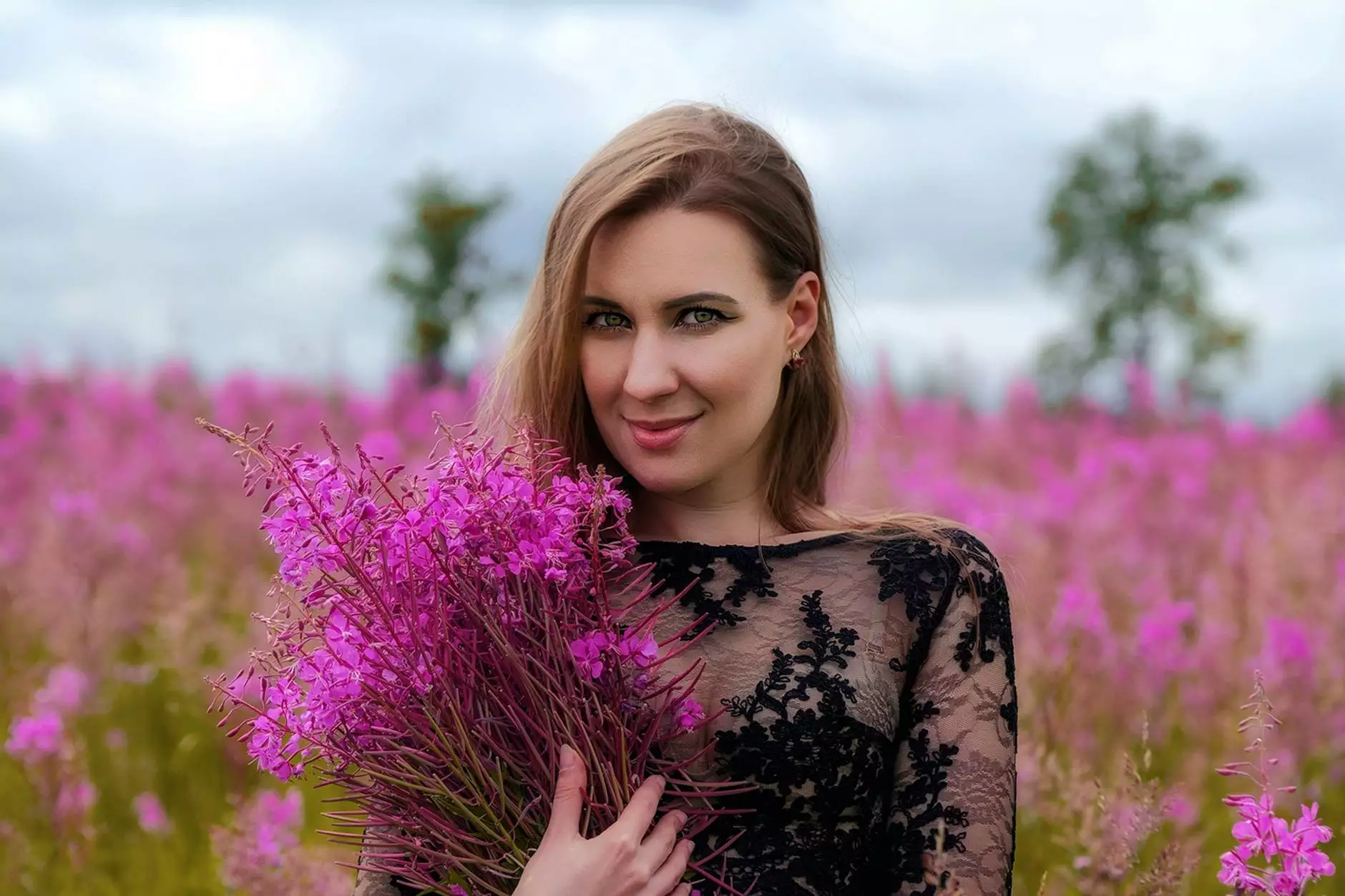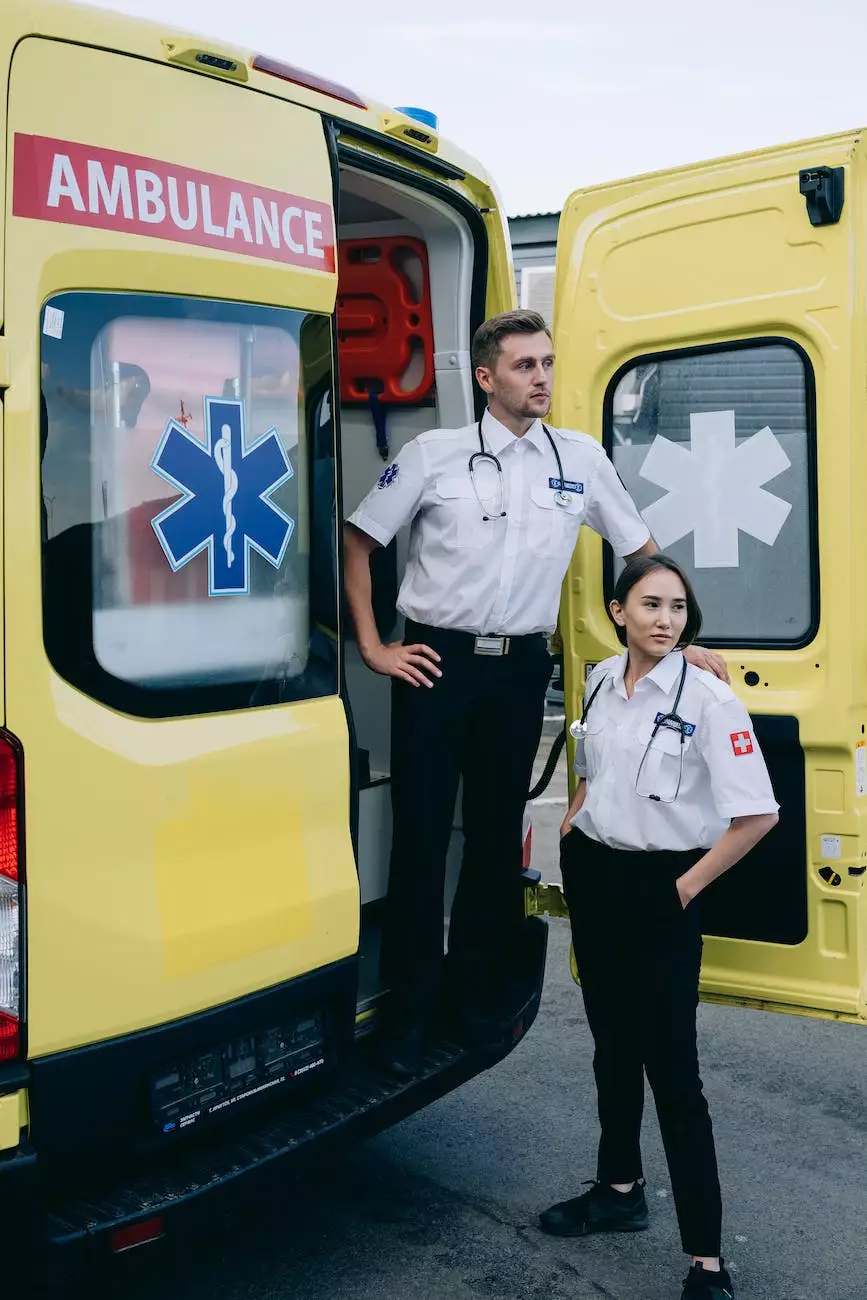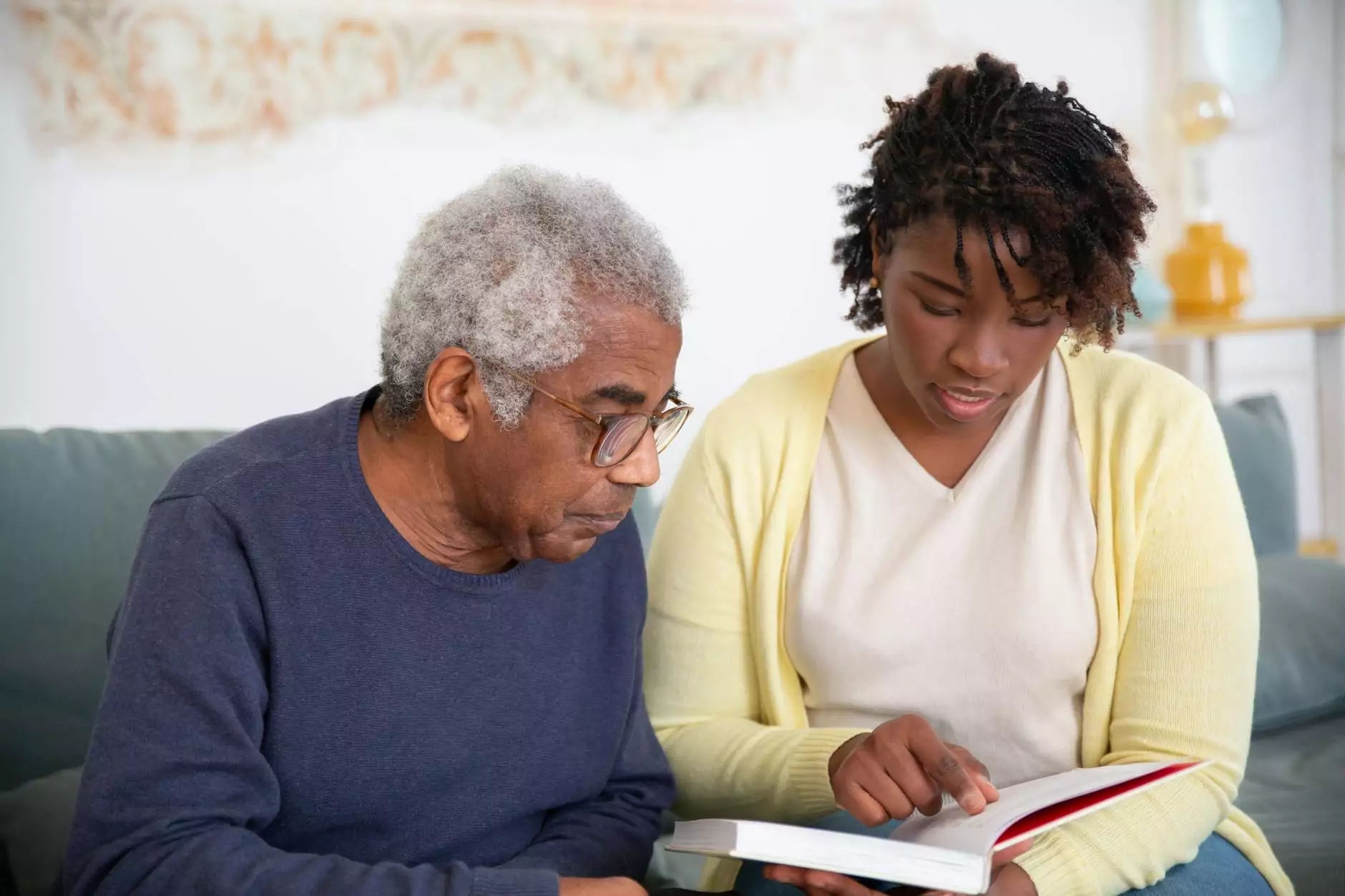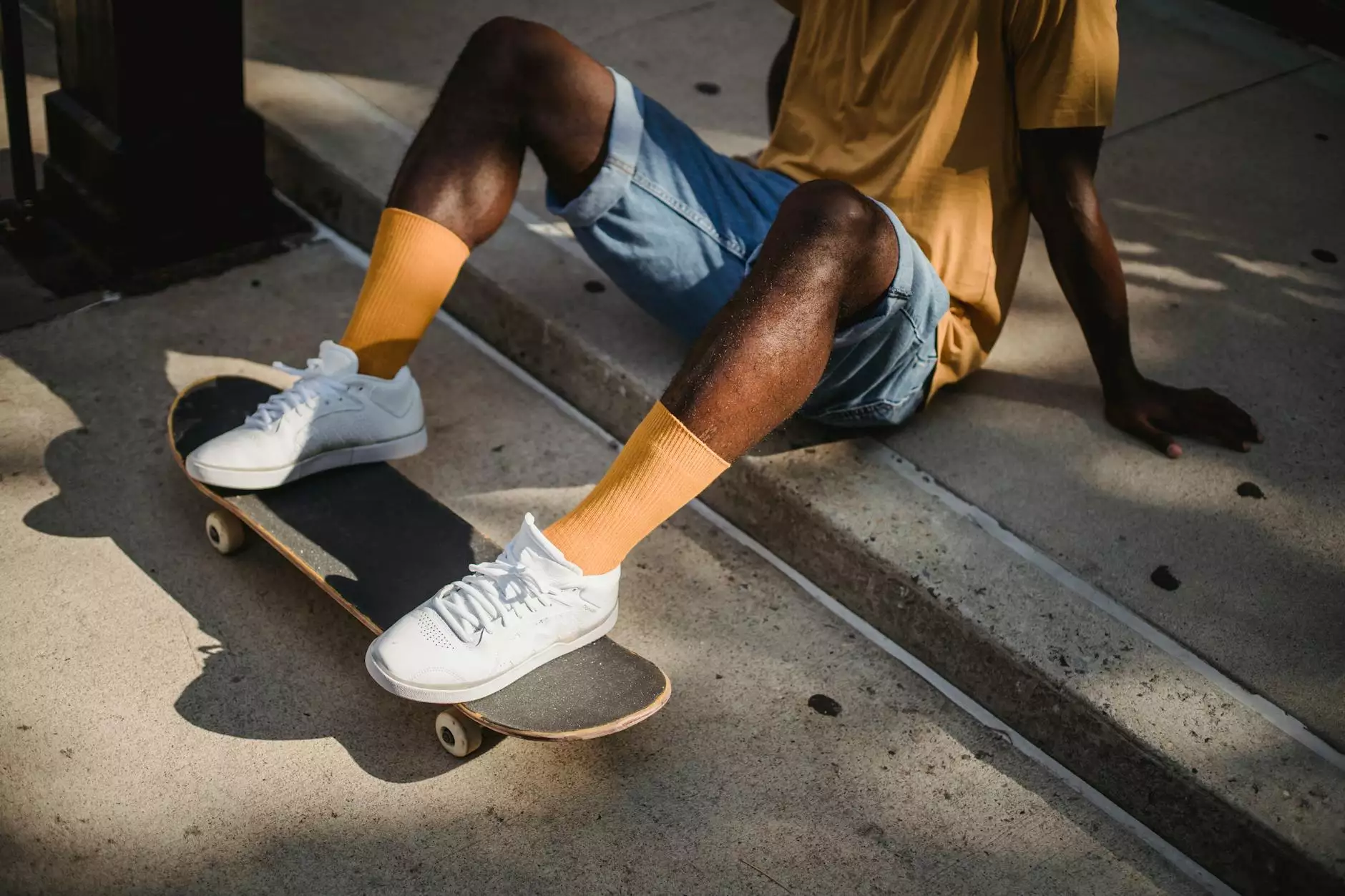Top Reasons for Varicose Veins

Introduction
Are you struggling with varicose veins? You're not alone. Varicose veins affect millions of people worldwide. However, understanding the underlying causes is paramount in finding effective solutions. In this article, we will delve into the top reasons for varicose veins and provide valuable insights about how Arizona's renowned doctors in vascular medicine at Vein Center of Arizona can help you find relief.
1. Family History
One of the leading factors contributing to varicose veins is a family history of the condition. Genetics play a significant role in determining your susceptibility to developing vein problems. If your parents or grandparents have had varicose veins, you may be more prone to experiencing them yourself.
2. Aging
As we age, our veins lose elasticity and become weakened, leading to varicose veins. The natural wear and tear on our bodies over time make it harder for the veins to effectively pump blood back to the heart, causing blood to pool and veins to enlarge.
3. Prolonged Standing or Sitting
Occupations that involve long periods of standing or sitting can increase the risk of developing varicose veins. When we remain in one position for extended periods, blood circulation decreases, placing extra pressure on the veins in our legs and feet. This pressure can lead to the formation of varicose veins over time.
4. Pregnancy
Pregnancy is a time of immense change in a woman's body, including hormonal fluctuations and increased blood volume. These factors can cause veins to enlarge and become varicose. Additionally, the growing uterus puts pressure on the veins, further exacerbating the risk.
5. Obesity or Excess Weight
Carrying excess weight puts added strain on the circulatory system, making it more difficult for blood to flow efficiently. As a result, veins may struggle to transport blood back to the heart, leading to varicose veins. Maintaining a healthy weight through regular exercise and a balanced diet can minimize this risk.
6. Hormonal Changes
Hormonal changes, such as those occurring during puberty, menopause, or hormone replacement therapy, can affect veins' strength and flexibility. Estrogen, in particular, can weaken vein walls, making them more susceptible to varicose veins.
7. Medical Conditions
Certain medical conditions, such as deep vein thrombosis (DVT), can increase the likelihood of developing varicose veins. DVT causes blood clots, which can damage the valves within the veins and lead to varicosities.
8. Previous Trauma or Injury
If you've experienced any trauma or injury to your legs, it's possible for the veins to sustain damage. Injured veins are more prone to developing varicose veins due to impaired blood flow caused by compromised vein walls and valves.
Conclusion
Understanding the root causes of varicose veins is essential in finding effective treatment options. Whether your varicose veins can be attributed to genetics, age, lifestyle, hormonal changes, or other factors, the skilled doctors at Vein Center of Arizona are equipped with extensive knowledge and expertise in vascular medicine. By accurately diagnosing your condition, they can recommend personalized treatments using state-of-the-art technology and advanced techniques, ensuring you receive optimal care and lasting relief. Take control of your vascular health and schedule a consultation with Vein Center of Arizona today!










